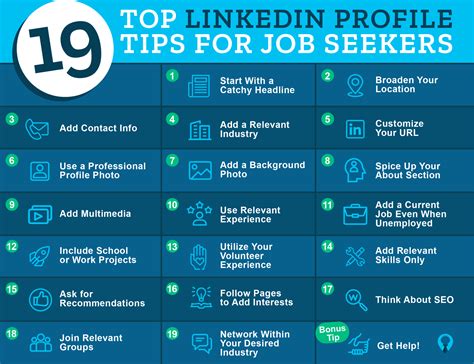In today's job market, the decision to self-identify on a job application can be a complex and personal one. While some people may feel that self-identifying is an important way to showcase their unique experiences and perspectives, others may worry about potential biases or repercussions.
So, should you self-identify on a job application? The answer depends on several factors, which we'll explore in this article.
What is Self-Identification?
Self-identification refers to the act of disclosing one's own identity, including characteristics such as age, disability, ethnicity, gender, or sexual orientation. In the context of job applications, self-identification is often used to help employers track and measure diversity and inclusion efforts.

Pros of Self-Identifying on a Job Application
There are several potential benefits to self-identifying on a job application. Some of these include:
- Helping employers measure diversity and inclusion efforts: By self-identifying, you can help employers track their progress towards creating a more diverse and inclusive workplace.
- Showcasing your unique experiences and perspectives: Self-identifying can be a way to highlight your unique experiences and perspectives, which can be valuable assets in the workplace.
- Creating a more authentic work environment: Self-identifying can help create a more authentic work environment, where employees feel comfortable being themselves and sharing their experiences.
Cons of Self-Identifying on a Job Application
While self-identifying can have its benefits, there are also potential drawbacks to consider. Some of these include:
- Fear of bias or repercussions: Some people may worry that self-identifying could lead to bias or repercussions in the hiring process.
- Uncertainty about how information will be used: Some people may be unsure about how their self-identification information will be used, or whether it will be kept confidential.
- Concerns about being "labeled" or "tokenized": Some people may worry that self-identifying could lead to being "labeled" or "tokenized" as a particular type of candidate, rather than being evaluated on their individual merits.
When to Self-Identify on a Job Application
So, when should you self-identify on a job application? Here are some scenarios to consider:
- If you feel comfortable doing so: If you feel comfortable self-identifying, and you believe it will help you connect with the employer or highlight your unique experiences, then it may be a good idea to do so.
- If the employer is specifically asking for self-identification information: If the employer is specifically asking for self-identification information, it may be a good idea to provide it. This can help the employer track their diversity and inclusion efforts, and it may also help you connect with the employer on a personal level.
- If you are applying for a job in a field or industry that values diversity and inclusion: If you are applying for a job in a field or industry that values diversity and inclusion, self-identifying may be a way to showcase your commitment to these values.

How to Self-Identify on a Job Application
If you decide to self-identify on a job application, here are some tips to keep in mind:
- Be honest and authentic: When self-identifying, be honest and authentic. Share your true experiences and perspectives, and don't try to fit into a particular mold or category.
- Use the space provided: Use the space provided on the job application to self-identify. This may be a separate section or a checkbox on the application form.
- Keep it concise: Keep your self-identification information concise and to the point. You don't need to write a novel or share every detail about your identity.
Conclusion
Self-identifying on a job application can be a complex and personal decision. While it can be a way to showcase your unique experiences and perspectives, it's also important to consider potential biases or repercussions.
Ultimately, the decision to self-identify on a job application is up to you. If you feel comfortable doing so, and you believe it will help you connect with the employer or highlight your unique experiences, then it may be a good idea to do so.
Just remember to be honest and authentic, use the space provided, and keep it concise.





What is self-identification on a job application?
+Self-identification on a job application refers to the act of disclosing one's own identity, including characteristics such as age, disability, ethnicity, gender, or sexual orientation.
Why should I self-identify on a job application?
+Self-identifying on a job application can help employers track and measure diversity and inclusion efforts, showcase your unique experiences and perspectives, and create a more authentic work environment.
What are some potential drawbacks to self-identifying on a job application?
+Some potential drawbacks to self-identifying on a job application include fear of bias or repercussions, uncertainty about how information will be used, and concerns about being "labeled" or "tokenized".
